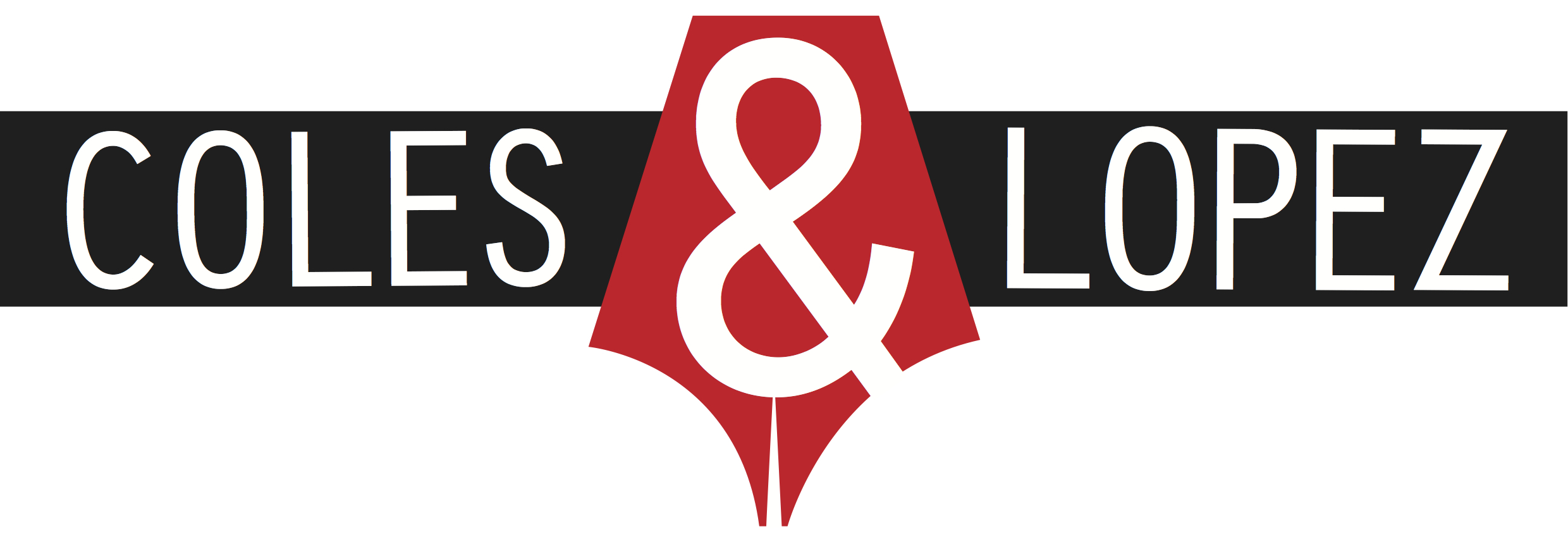Lost in translation
Let’s do a little experiment. I want you to read the paragraph below and then answer a question for me.
My day is going quite well. I had a big meeting scheduled for this morning, and I was feeling nervy. I walked into the building and went to the reception desk, which was on the first floor. The receptionist, a very homely woman, greeted me. “Can you please tell me where the meeting room is?” I asked. She ushered me in, and the meeting began. We talked for about an hour, during which the CEO tabled the budget issue. I won’t go into the details of the rest of the meeting, but let’s just say I lucked out.
Now, which option better describes the paragraph you just read?
(1) An insecure but polite person is describing a meeting that went badly.
(2) A confident but rude person is describing a meeting that went well.
If you answered (1), you probably come from New Zealand, Australia, the UK or another place that uses British English. If you answered (2), you’re probably American. Here’s why.
My day is going quite well
In American English, “quite” means very, absolutely. In British English, it means somewhat but not completely.
I was feeling nervy
I get nervy before big meetings – anxious and jittery and insecure. But when American people get nervy, they’re quite the opposite – they’re confident to the point of being audacious, as in, “Whoa, that guy has got some nerve!”
which was on the first floor
In British English, if you walk into a building from street level, you start off on the ground floor. If you then go up one flight of stairs, you’re on the first floor. In US English, though, the first floor is the one at street level.
a very homely woman
We British English speakers usually use this word to describe places, and it’s always a positive thing – it means warm, cosy and comfortable. But we also sometimes use it to describe a person who is relaxed and friendly. This can be problematic, because in US English, a homely person is plain and ugly.
“Can you please tell me where the meeting room is?”
The “magic word” has the same technical meaning in both types of English, but the subtext is very different. When we say “please” to someone, we’re showing politeness and respect. Americans, though, apparently view it as rude and condescending (!?!?!?!). When I first heard about this difference, thanks to an episode of the excellent podcast The Allusionist, I was gobsmacked. I still find it very bizarre. But I asked some real-life Americans, and they confirmed that they would never say “please” when, for example, ordering at a restaurant or asking a colleague for a favour, because that would be rude. I repeat: !?!?!?!
That moment when you realise why "Please, Please, Please Let Me Get What I Want" never charted in the US.
the CEO tabled the budget issue
Corporate types love to talk about “tabling” this or that. In British English, to table something is to introduce it for discussion. In American English, it’s the opposite – to remove it from discussion, setting it aside for a later date.
I lucked out
In America, this expression means “be lucky”; in British English, it means “be unlucky”.
Honestly, it makes you wonder why we even try to communicate with each other.

